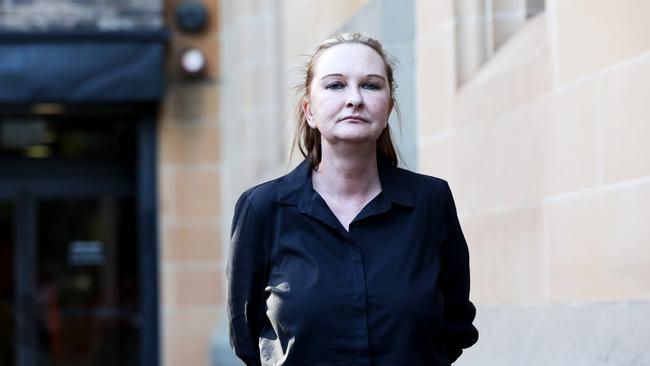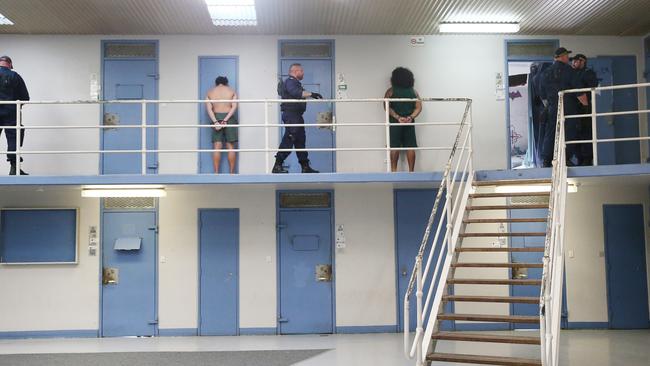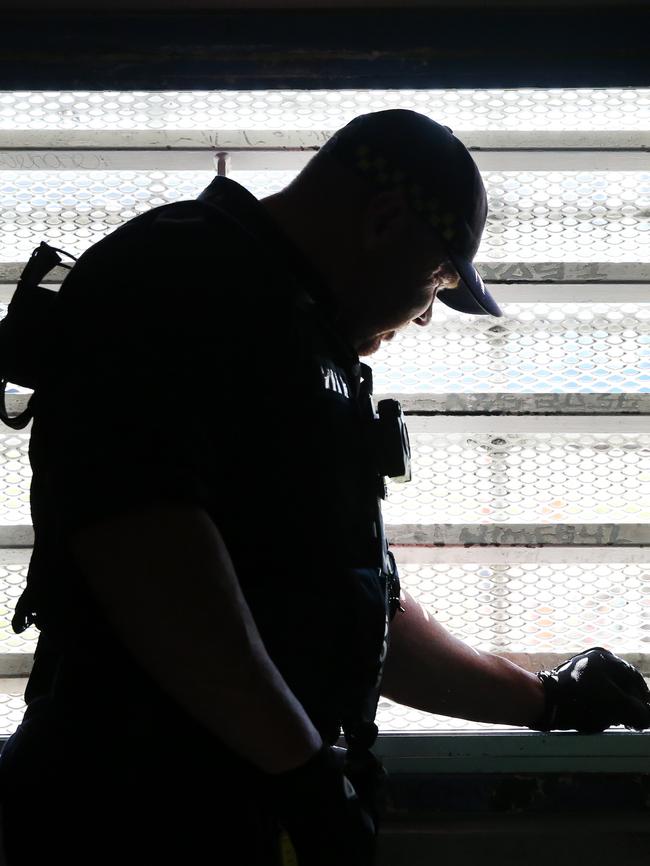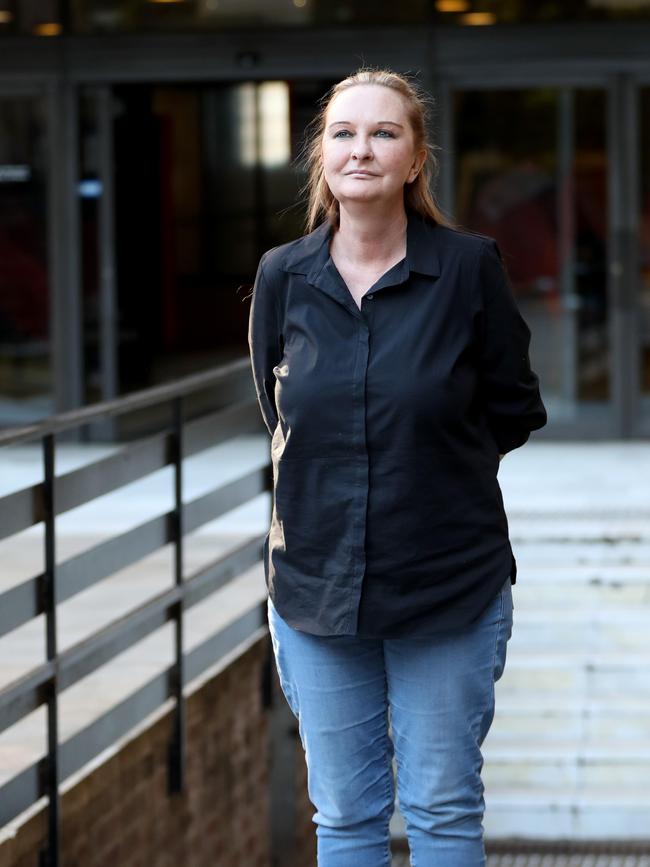Former ice addict reveals it’s ‘easier’ to score drugs in jail during a public inquiry of ice in NSW jails
A former ice addict has told how it was “easier” to score drugs in jail than on the streets and called for a public inquiry into the prevalence of ice in NSW jails.
- NSW town hit hard by drug ice until this major breakthrough
- ‘Dwayne’s dead’: Ice addict shot trying to escape NSW officers
A former ice addict has told how it was “easier” to score drugs in jail than on the streets and called for a public inquiry into the prevalence of ice in NSW jails.
“During the time I spent in jail I was exposed to lot of drug use, it’s easier to get drugs inside than it is outside,” former party drug user Nicole Tillier, 50, told the Special Commission of Inquiry Into The Drug Ice on Wednesday.
“I understand the impact of supplying drugs on individuals and their families and the need for there to be consequences for suppliers — but I see how harsh the criminal justice can be,” she said.
“One 21-year-old resident in rehab made excellent progress after committing a drug offence, aged 19, but the judge still sent him to prison for four years.

MORE NEWS:
Ice addict father you don’t want to meet on the street
Sydney addicts: ‘Alcoholic next to me, pissed himself’
Speaking after the hearing, Ms Tillier, who lives with her 12-year-old daughter in Sydney’s Campbelltown, told The Daily Telegraph: “I believe there should be a special inquiry into the availability and use of drugs in prison — trust me, I could get anything and everything I wanted in jail, especially ice.
“It’s easier than trying to find drugs outside and, trust me, I was a pro at finding drugs, I dealt in them, which is how I ended up inside.”
The former speed and MDMA addict told the year-long inquiry, expected to report in October, how her addiction to party drugs spiralled to include highly addictive drug methamphetamine, commonly known as ice, when speed and base (stronger form of speed) became harder to buy in Sydney.
“Because I was so high, I would use pot, prescription drugs, like rohypnol, to come down from the party drugs,” she told the Inquiry.
“I was living a double life, by day I worked in a corporate environment and by night was taking drugs for partying.
“I was a very reliable employee around this time, some days I would not go to work if I could not get access to speed, I was a temporary employee for ten to fifteen years because I was so unreliable.

“By age 21 my addiction to speed was crazy, I was still in underground dancing, by 23 I went through a bad break up, and as a result used more speed.
“Then I had a one-night stand and fell pregnant and kept the baby.
“When my daughter was new I met someone else and started a relationship — he introduced me to ice. I used it heavily with him.
“Ice made me angry and violent, because I was using it so often.
“At times I was homeless, I had no money for rent, I wandered the streets carrying on like a nut.”
Ms Tillier credits Sydney residential rehabilitation service Odyessy House for the crutch she needed to beat her 28-year poly drug habit.
“Even though I have moved on with my life my drug criminal history serves as a reminder of the dumb decisions I made when I was younger,” she said.
“My criminal record says possession of a weapon, not possession of a butter knife.
“You will see larceny, $2,000, stealing a skirt from Kmart worth $10.
“If HR went through my criminal history there’s no way they will hire me.
“There needs to me more funding for additional rehabilitation centres and further rebates for seeing a psychologist,” she urged.


She also called for mental health services in hospitals and for drug users to be able to apply to have their criminal records wiped, provided they have not committed any child offences, home invasions or violent offences.
“There needs to be more access to mental health and drugs services.
“Those issues often go hand-in-hand, people often use drugs to deal with the trauma they experience during childhood.”


